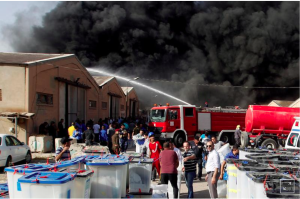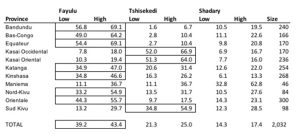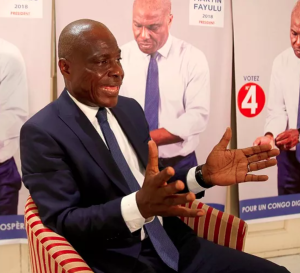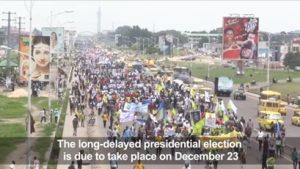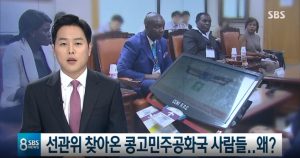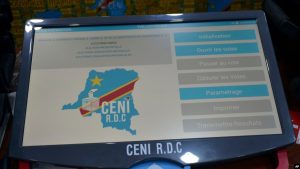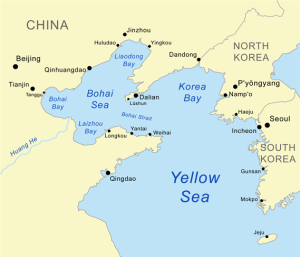Electoral fraud: Bolivian citizens rise up against it Ep. 4
Electoral fraud: Who is Morales in Bolivia?
Former Bolivian President Morales was Latin America’s longest-serving leader.
On Nov. 10, 2019, he announced his resignation from the presidency after nearly 14 years in a televised address. Because of his electoral fraud in the presidential election.
Before entering politics, Morales was a coca farmer.
The United States pressured the Bolivian government to stop growing coca, the raw material for the drug cocaine. Morales organized a farmers’ movement against this.
He entered politics in 1997 when he was elected to the Bolivian National Assembly, and was elected president in 2005.
Election fraud organized by the Bolivian National Electoral Council.
Morales was running for a fourth consecutive term as president.
At the time, Bolivia’s opposition was vigorously contesting the results of the presidential election.
The first interim results of the Bolivian presidential election showed a narrow lead between the top two candidates, suggesting a runoff was likely.
However, problems arose shortly after the vote counting ended.
Electoral authorities stopped releasing the results.
When they re-released them 24 hours later, the results looked like this
“Morales has 40 percent of the vote, 10 percentage points ahead of the second-place finisher.”
“Morales won without a runoff.”
Bolivian electoral authorities declared Morales the winner.
Bolivia protest against electoral fraud
The Organization of American States (OAS) released an audit that found electoral fraud in the Bolivian presidential election.
The Bolivian military and police demanded Morales’ resignation.
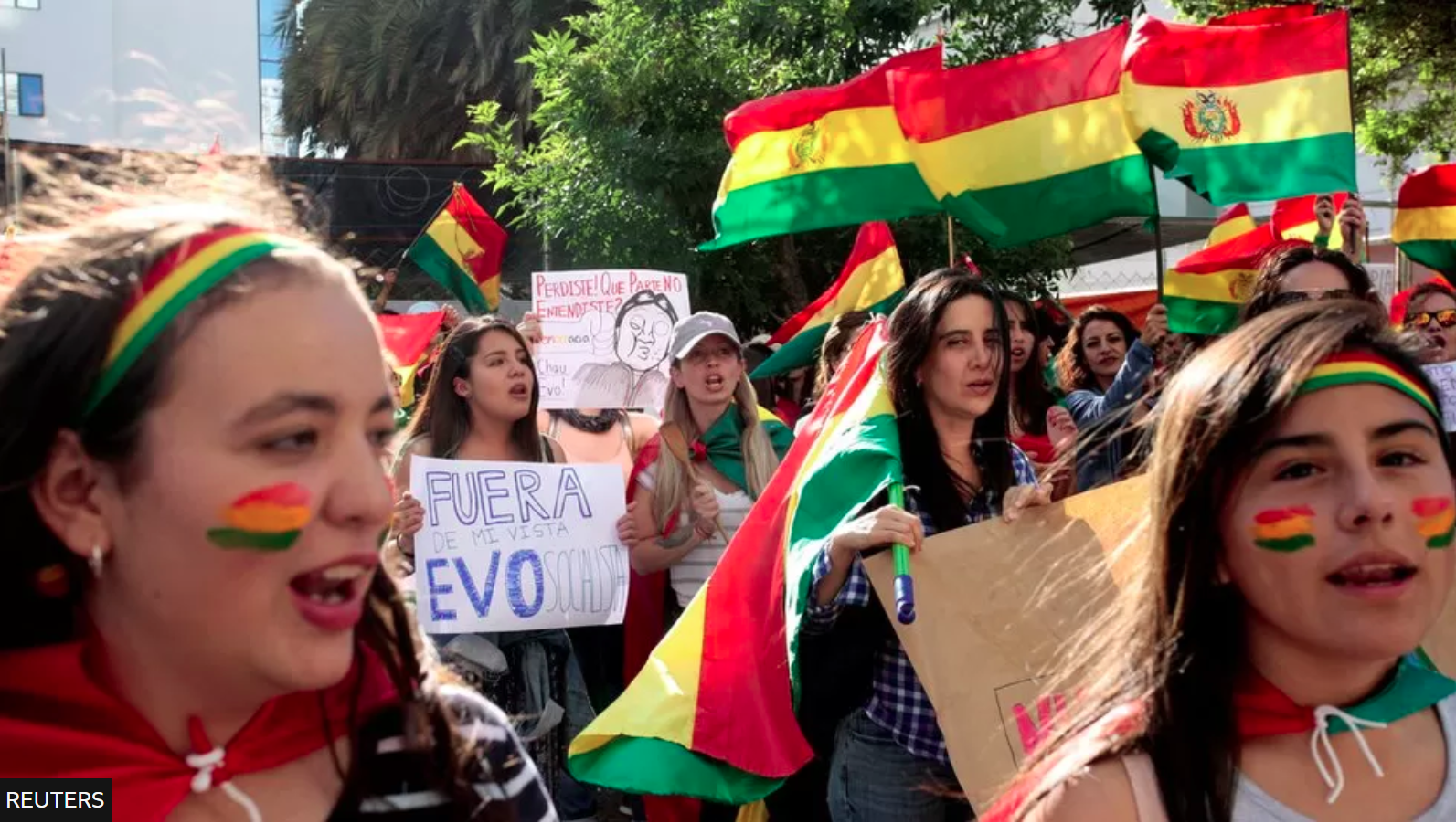
[Fig. 1] Protests against fraudulent elections (Reuters)
The OAS claimed that the election process revealed multiple irregularities in the voting system and manipulation of information systems.
They recommended that “the election results should be annulled and a new electoral process should be initiated.”
The OAS did not consider it statistically possible for President Morales to win by more than 10 percentage points.
Other controversies
However, in late February 2020, MIT researchers published an article in the Washington Post (WP) that contradicted the OAS’s findings, stating that there was “no evidence of tampering”.
In response, the OAS criticized the MIT researchers’ article as “not honest, factual, or comprehensive”.
The MIT researchers’ presentation contained numerous errors, omissions, and inaccuracies, notably the fact that they only focused on turnout, and ignored key evidence of fraud in the OAS’s 96-page report.
Morales is currently living in exile in Argentina.
